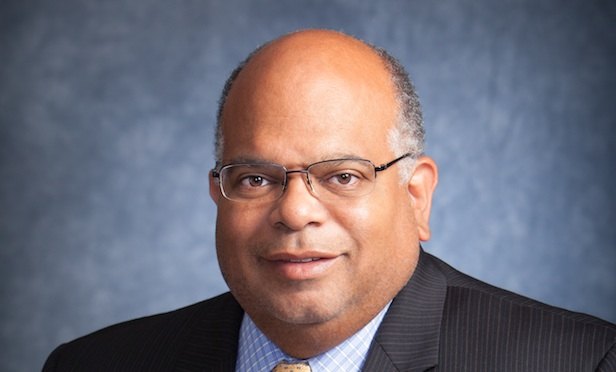NEW YORK CITY—Overall broker confidence in the city took a hit in the second quarter based on a number of economic and political worries.
However, a deep dive into the survey data shows that commercial brokers in New York City are much more upbeat on market conditions than residential brokers.
The Real Estate Board of New York released its Broker Confidence Index today, which dropped 0.25 from the first quarter to 5.53 out of 10. REBNY officials say that brokers overall remain positive about the real estate market here.
REBNY says rising interest rates, tariffs, and concerns about the implications of tax reform—along with uncertainty surrounding an unstable political environment in the United States, were key factors in the decline in overall broker confidence.
“As federal policies have taken effect, local real estate markets have been seeing their impact on buyer hesitancy and seller uncertainty,” says John H. Banks, REBNY president. “Despite these conditions, New York City real estate brokers remain positive overall about the present situation and future real estate market.”
The Commercial Broker Confidence Index, which focuses only on responses from members of REBNY's Commercial Brokerage Division, was 6.43 in the second quarter of 2018, an increase of 0.41 since brokers were surveyed about the first quarter of 2018. The Commercial Broker Confidence Index grew by 0.49 year-over-year, up from 5.94 in the second quarter of 2017.
Unlike the first quarter of 2018, when commercial brokers were confident about tax reform, they expressed more concern for increasing interest rates and political instability in the second quarter survey, REBNY states.
One commercial broker surveyed noted that a “combination of (the) end of VC [venture capital] cycle, rising interest rates, and lack of political certainty are all negatively impacting market. Moreover, the WeWorks of the world have created a false supply/demand balance. Had those companies not existed, the market never would have seemed as strong.”
However, another broker was more upbeat, stating, “[I] think (the) market is stable currently, but (the) overall outlook over the next 12-24 months is slightly negative.”
The Residential Broker Confidence Index, which focuses only on responses from members of REBNY's Residential Brokerage Division, was a record low 4.63 in the second quarter of 2018. This was a 0.91 decline since brokers were surveyed about the first quarter of this year, and a considerable decrease of 1.31 from the second quarter of 2017. The Residential Broker Confidence Index has been on a steady decline for more than a year.
The second quarter of 2018's Residential Broker Confidence Index is currently below 5.0, which indicates that brokers' confidence related to the market is negative.
Many residential brokers expressed concern about tax reform, rising interest rates, an oversupply in the market as well as political instability.
One residential broker responded that buyers are not willing to pay what sellers are asking, noting that buyers are slow to make decisions while sellers are reluctant to lower their prices at the present time.
“This is not a new phenomenon, but it has been coming on for several years and is now compounded by rising interest rates and the new tax law capping deductions at $10,000,” the residential broker said. “I am not optimistic in the near term and, unless sellers recognize the new reality, I think 2019 will be a continuation of 2018.”
The Residential Broker Future Confidence Index (outlook on the future market six months from the date the survey was completed) in the second quarter was 4.46, a 1.18-decrease from the first quarter of 2018.
© Touchpoint Markets, All Rights Reserved. Request academic re-use from www.copyright.com. All other uses, submit a request to [email protected]. For more inforrmation visit Asset & Logo Licensing.








